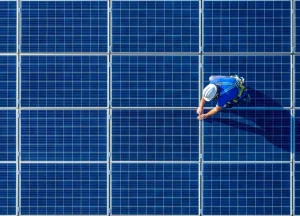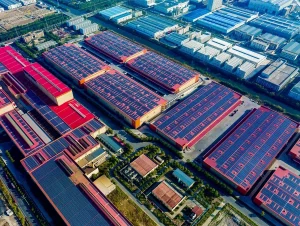
A 2022 analysis by Cushman & Wakefield estimated that in the U.S., approximately 330 million square feet of office space could become functionally obsolete or stranded by 2030. This risk arises from changing workplace behaviors and stricter environmental regulations. In Canada, similar studies indicate about 20% of commercial office spaces could become stranded within the next decade. Cities such as Toronto, Montreal, Calgary, and Vancouver face particular vulnerability. These spaces must be retrofitted or repositioned to meet new market trends and sustainability targets.
S&P Global highlighted in their report that over 75% of global real estate investors now consider climate risks in investment decisions. This underscores the growing importance of sustainability criteria. Buildings failing to meet evolving environmental, social, and governance standards face significant financial devaluation. They also risk declining occupancy rates and increased regulatory scrutiny.
The commercial real estate sector is undergoing profound disruption. Significant shifts in office space utilization and increased environmental sustainability focus are driving this change. Global adoption of remote and hybrid working models further accelerates this shift. Additionally, stringent sustainability commitments by businesses and governments are rendering many traditional office spaces obsolete.
These properties are termed “stranded assets,” defined as buildings no longer economically viable due to market shifts, technological advances, or regulatory changes. The global transition towards zero-carbon economies, driven by climate commitments, technological innovation, and consumer preference changes, compounds this issue. Real estate assets unable to adapt to sustainability criteria risk becoming stranded. Key sustainability measures include energy efficiency, renewable energy adoption, and minimizing carbon footprints.
Stakeholders in real estate must therefore identify stranded assets, understand associated risks, and explore potential opportunities. Impacts of stranded assets extend beyond financial implications, posing substantial environmental and social risks. However, they also offer unique opportunities for innovation, redevelopment, and leadership in sustainability. Successfully adapting these assets can significantly enhance net operating income, increase asset valuation, and create long-term competitive advantages.
Partner With Us
The Institute for Sustainability Africa (INŚAF) is an independent multi-disciplinary think tank and research institute founded in Zimbabwe in 2010 with the Vision to advance sustainability initiatives for Africa.




